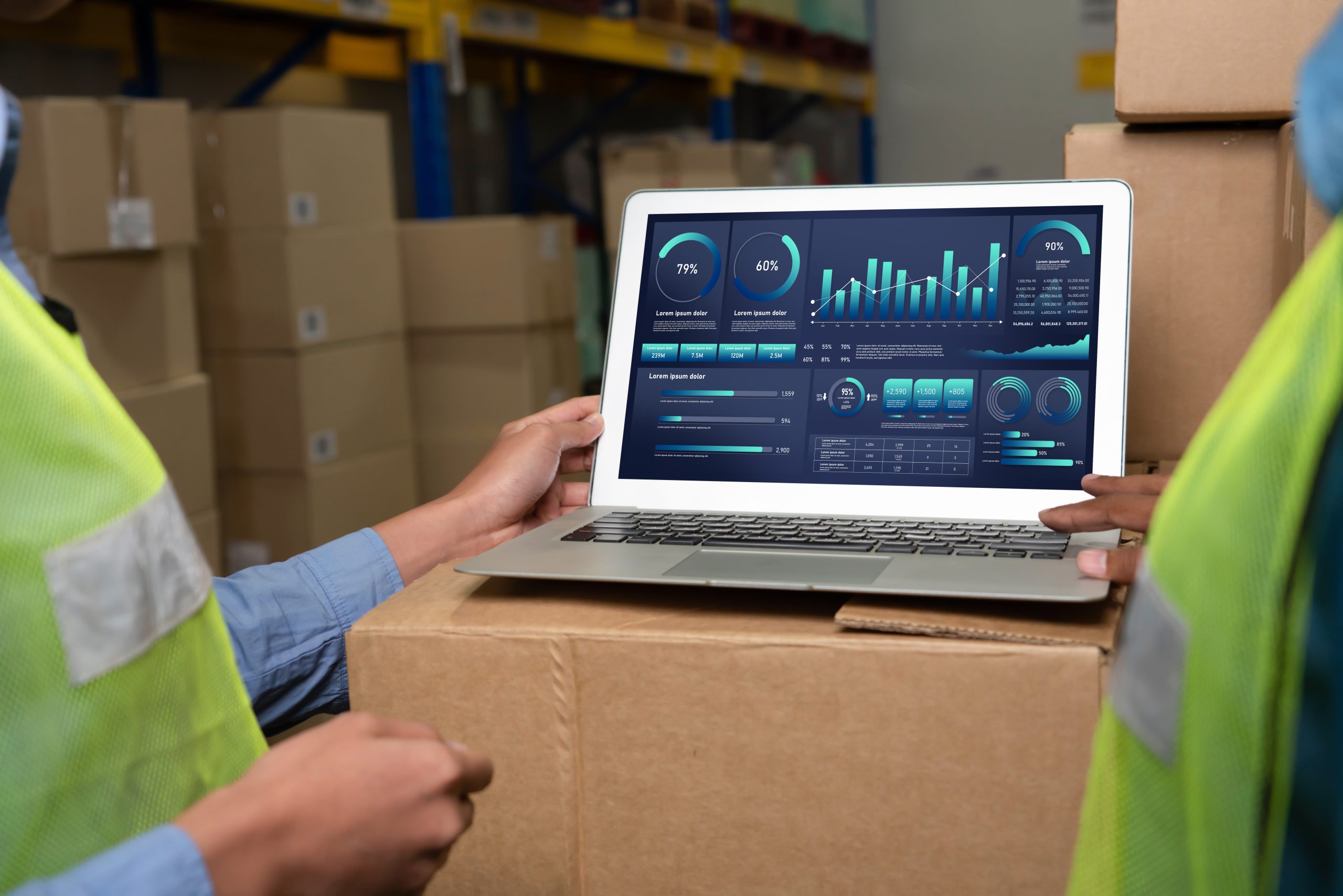In today’s fast-paced logistics industry, the ability to gather, interpret, and act on data is crucial for staying competitive. Data analytics has revolutionized the way companies manage their supply chains, optimize routes, and improve customer experiences. At Transnova Logistics, data-driven decision-making is at the heart of our operations, ensuring efficient and reliable service. Here’s why data analytics is essential for modern logistics and how Transnova uses it to benefit clients.
The Role of Data Analytics in Logistics
Data analytics in logistics involves collecting and examining vast amounts of data from various sources, including shipment tracking, warehouse management, and customer interactions. By analyzing this data, logistics companies can:
Boost Customer Satisfaction: Real-time updates and predictive analytics provide transparency, allowing clients to monitor their shipments and anticipate potential delays.
Enhance Route Optimization: Data on traffic patterns, weather conditions, and fuel consumption helps to determine the most efficient routes, reducing delivery times and operational costs.
Improve Demand Forecasting: Accurate predictions about future demand allow logistics companies to allocate resources better and prevent inventory shortages or surpluses.
Monitor Performance Metrics: Data analytics enables the tracking of key performance indicators (KPIs) like on-time delivery rates, average shipping times, and overall supply chain performance.
How Transnova Leverages Data Analytics
1. Optimizing Supply Chain Efficiency
At Transnova, data analytics is integral to streamlining the entire supply chain. By using advanced software tools, we analyze data to identify bottlenecks and inefficiencies in real-time. This allows us to make swift adjustments to avoid delays and ensure that goods reach their destinations on schedule.
2. Real-Time Tracking and Predictive Insights
One of Transnova’s key strengths is our ability to offer clients real-time tracking and predictive insights. Our system compiles data from GPS devices, warehouse sensors, and other IoT-enabled tools to provide a complete overview of a shipment’s journey. This not only increases transparency but also allows us to anticipate and mitigate potential disruptions before they escalate.
3. Enhancing Route Planning
For any logistics company, route planning is a major factor in operational efficiency. Transnova uses data analytics to continuously refine route planning by considering variables like fuel prices, delivery times, and driver availability. This results in optimized routes that reduce fuel consumption and cut down on delivery times, translating to cost savings for both the company and its clients.
The Benefits for Clients
1. Cost Savings By leveraging data to optimize routes, manage inventory, and forecast demand, Transnova helps clients cut costs across the board. This means fewer delays, less fuel usage, and minimized overhead expenses—savings that can be passed on to customers.
2. Increased Reliability Clients can rely on Transnova for accurate delivery times and consistent service. Our data-driven approach ensures that we anticipate and address issues before they arise, providing a more reliable experience.
3. Custom Solutions Transnova uses data analytics to tailor solutions to each client’s unique needs. By analyzing client-specific data, we can create customized logistics strategies that improve service efficiency and meet particular business goals.
Challenges and How We Overcome Them
Like any powerful tool, data analytics comes with its own set of challenges. Ensuring data accuracy, protecting client information, and maintaining system integration are critical components. At Transnova, we prioritize data security and accuracy through rigorous quality control measures and the use of secure, advanced software platforms.
Data integration can also be complex, particularly when dealing with global supply chains. Transnova overcomes this by using unified data platforms that seamlessly collect and integrate data from various sources, ensuring consistency and coherence across the supply chain.
The Future of Data Analytics in Logistics
As technology continues to evolve, so will the capabilities of data analytics in logistics. Machine learning and AI are already making waves, offering even deeper predictive insights and automating complex decision-making processes. Transnova is committed to staying ahead of these trends by continuously upgrading our analytics tools and training our team to harness these advancements effectively.
Final Thoughts
Data analytics has reshaped modern logistics by enabling more efficient, transparent, and reliable supply chain operations. At Transnova Logistics, we leverage this powerful tool to optimize performance, reduce costs, and enhance the overall client experience. As we continue to harness the latest in data-driven technology, our clients can trust us to deliver smarter, faster, and more customized logistics solutions.
At Transnova Logistics, our mission is to help you maximize efficiency and drive growth through superior logistics solutions. Our modern warehouses, cutting-edge technology, and dedicated team provide the support you need to manage your inventory effectively and focus on expanding your business. With flexible storage options, customized solutions, and robust inventory management tools, Transnova is your partner in achieving logistical excellence.
